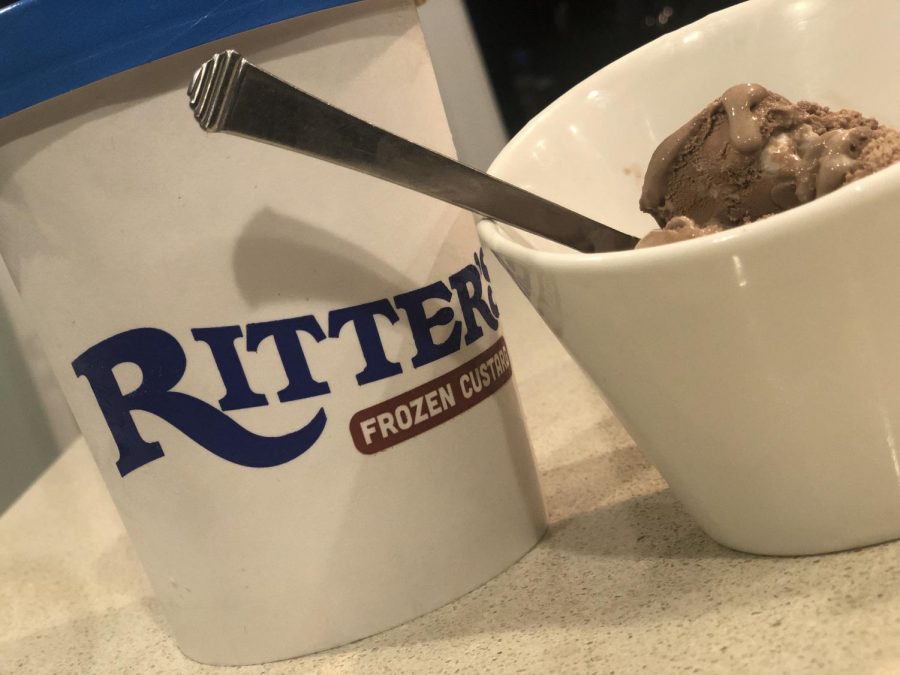Multiple science classes are offered every year, from Astronomy to Zoology, but one course that students often overlook is Physics.

Physics is the foundation for all of the other science classes. While classes like Biology and Chemistry deal with concepts that can’t always be tested within the class space, Physics is much more hands-on and has multiple labs each nine weeks. Throughout the year, students explore multiple topics including forces, sound and energy.
“I don’t know why it’s not a required class…everything else is based off of physics,” junior Simon Endris said.
The factor that might turn some students away from Physics is the work involved. The concepts of physics have to be proved both conceptually and mathematically, meaning that multiple variables and equations need to be memorized in order to be able to succeed in the class. This leads to difficult quizzes and longer tests.
Students can explore all of the topics within the class, using the various examples and labs. Some of these topics, like sound, are not tangible and are unable to be seen; for this reason, they have to be explained in greater detail. Teachers encourage students to learn and explore physics independently outside of the class to find a better understanding.
“I like the wide range of applications…it can be in engineering, intuitive physics, it can be whatever you want,” senior Matthew Smith said.

Physics gives the foundational principles necessary to understand why other divisions of science are possible. The concepts are sometimes difficult to grasp and the math might be sometimes troublesome. However, the math is not more difficult than an Algebra II student can handle. If students are interested, they can talk to either Kelly Scholl or Anne Elsner about scheduling.












